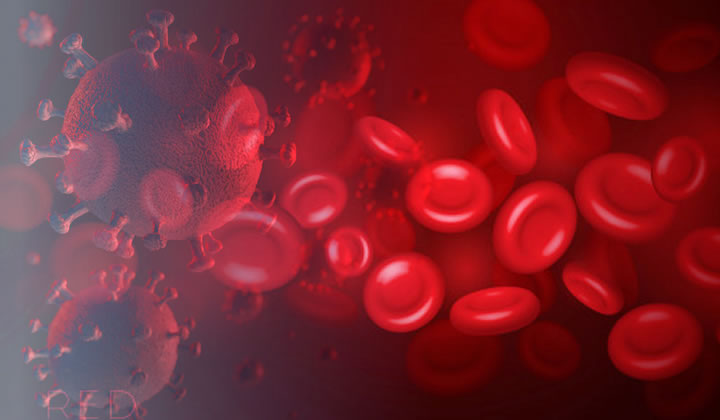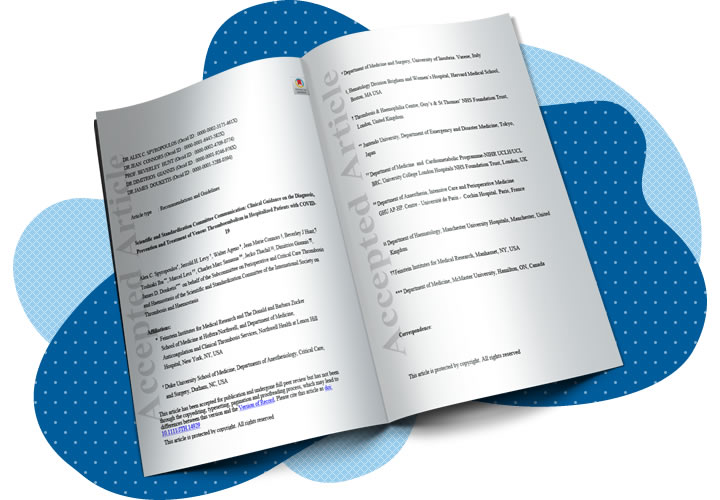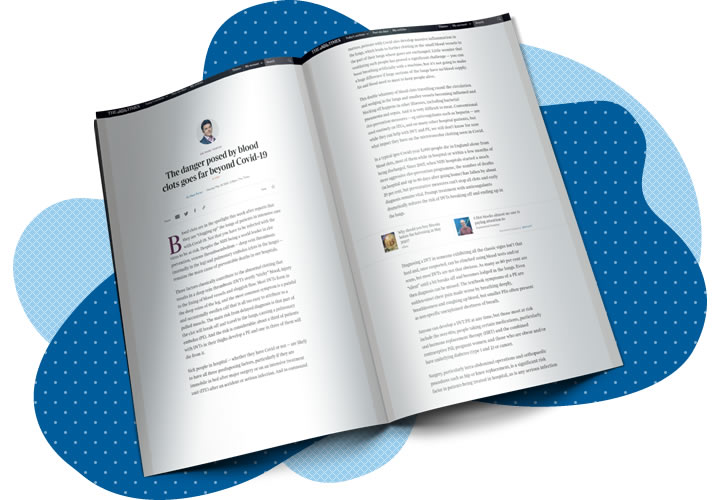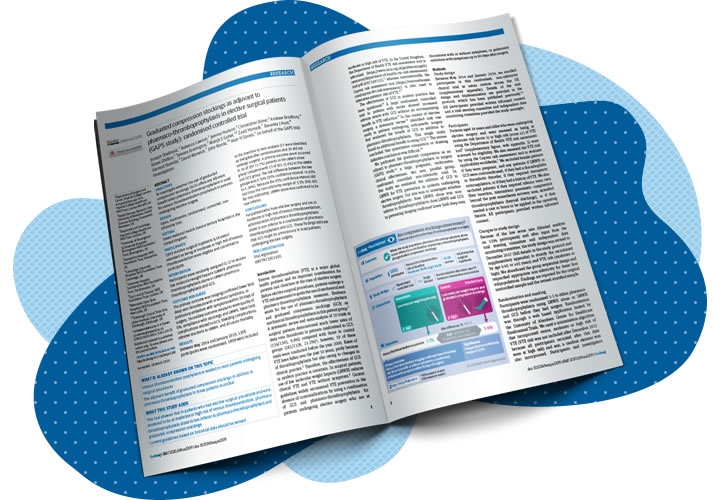
Listen to this podcast via Spotify and Apple Podcast or visit the website: www.JournalSpotting.com to view other available platforms.
You can also see view the associated animation by clicking here.

Listen to this podcast via Spotify and Apple Podcast or visit the website: www.JournalSpotting.com to view other available platforms.
You can also see view the associated animation by clicking here.

Share the signs of DVT – unexplained pain, unexplained light headedness, unexplained breathlessness or a cough.
Seek medical attention and ask, could this be a blood clot

Since the coronavirus crisis hit the UK there has been mounting evidence to suggest that COVID-19 patients are at heightened risk of developing potentially fatal blood clots. However, NHS England has classed research into this as "low priority" according to the Medical director at Thrombosis UK.

COVID-19 leads to blood clots in a significant number of people who have a severe form of the disease. In an interview with Medical News Today, thrombosis expert Prof. Beverley Hunt explains why blood clots are dangerous for those with the new coronavirus.

ISTH: Scientific and Standardization Committee Communication: Clinical Guidance on the Diagnosis, Prevention and Treatment of Venous Thromboembolism in Hospitalized Patients with COVID-19

When you talk to intensive care doctors across the UK, exhausted after weeks of dealing with the ravages of Covid-19, the phrase that emerges time after time is, "We've never seen anything like this before."

Prof Hunt OBE, Medical Director for Thrombosis UK, discusses the high rates of blood clots being seen in patients who are seriously ill with covid-19, and the urgent need for the delayed clinical guidance on thrombosis and critical care for patients with Covid-19, to be published.

Coronavirus has been linked to a higher risk of blood clots in those who become severely ill or require hospitalisation.

Blood clots are in the spotlight this week after reports that they are "clogging up" the lungs of patients in intensive care with Covid-19. Not that you have to be infected with the virus to be at risk. Despite the NHS being a world leader in clot prevention, venous thromboembolism - deep vein thrombosis (normally in the leg) and pulmonary embolus (clots in the lungs)remains the main cause of preventable deaths in our hospitals

Compression stockings might be unnecessary to prevent blood clots in most patients undergoing non-emergency (elective) surgery, finds a clinical trial published by The BMJ today.